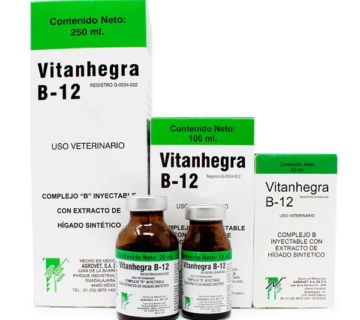Understanding the science of racehorse medications is crucial for owners, trainers, and veterinarians. With the right knowledge, managing a racehorse’s health becomes more effective. Let’s delve into the intricate details of pharmacology and simplify it for everyone involved in horse racing.
What Are Racehorse Medications?
Racehorse medications are pharmaceutical substances administered to equines to enhance their health, recovery, and performance. These can range from anti-inflammatories to specialized supplements. For a comprehensive range of equine health products, check out Abbey Veterinary Supply’s Racehorse Supplements.
The Role of Medications in Equine Health
Pain Management
Pain management is critical for racehorses. Non-steroidal anti-inflammatory drugs (NSAIDs) like phenylbutazone are widely used to relieve pain. These medications reduce inflammation and help the horse maintain peak performance.
Preventing and Treating Infections
Antibiotics are essential for preventing and treating bacterial infections. They’re often prescribed after injuries or surgeries. Proper dosage is crucial to avoid antibiotic resistance.
Improving Breathing Efficiency
Respiratory conditions can hinder a horse’s performance. Bronchodilators help by relaxing airway muscles and increasing oxygen intake. Explore products like respiratory supplements on Abbey Veterinary Supply.

How Do These Medications Work?
Anti-Inflammatory Drugs
These drugs block enzymes responsible for inflammation, providing relief from pain and swelling. The science is simple yet effective, ensuring the horse’s comfort and agility.
Antibiotics
Antibiotics target bacterial cell walls or DNA, halting their growth and eliminating infections. Veterinarians determine the right type and dosage based on the specific condition.
Bronchodilators
These work by stimulating beta receptors in the respiratory system, expanding airways and improving airflow. This is vital for optimal performance in high-stress environments.
The Importance of Proper Dosage
Administering the correct dosage is paramount to avoid side effects. Overmedication can lead to severe health complications, while under-medication might render the treatment ineffective.
Understanding Drug Half-Life
The half-life of a medication determines how long it remains effective. For instance, NSAIDs have varying durations of action, influencing their dosing schedules.
Monitoring Adverse Reactions
Always monitor your horse for side effects like lethargy, loss of appetite, or allergic reactions. Consult your vet immediately if any adverse reactions occur.
Common Medications for Racehorses
Furosemide (Lasix)
Used to prevent exercise-induced pulmonary hemorrhage (EIPH), Lasix reduces blood pressure in the lungs. This medication is a staple for many racehorses.
Omeprazole
Gastric ulcers are common in racehorses due to stress and diet. Omeprazole helps by reducing stomach acid, promoting healing and comfort.
Electrolytes
Electrolytes replace essential minerals lost during intense exercise. They maintain hydration and muscle function, ensuring peak performance. Check out electrolyte supplements for your horse.
Natural Alternatives and Supplements
Herbal Remedies
Herbal supplements like turmeric and ginger have anti-inflammatory properties. These are excellent natural alternatives to synthetic drugs.
Joint Support
Glucosamine and chondroitin supplements promote joint health, preventing wear and tear from rigorous training.
Immune Boosters
Supplements containing Vitamin C and E can enhance your horse’s immune system, reducing the risk of illnesses. Explore immune boosters.
Regulations and Ethical Considerations
Racing Authority Guidelines
Always adhere to guidelines set by racing authorities. Some medications have withdrawal periods, and failure to comply can lead to disqualification.
Avoiding Doping Scandals
Using banned substances is unethical and can harm the horse. Stick to approved medications and consult your vet to ensure compliance.
Tips for Owners and Trainers
- Regular Checkups: Schedule regular veterinary checkups to monitor your horse’s health.
- Proper Nutrition: Combine medications with a balanced diet for optimal results.
- Record Keeping: Maintain detailed records of all medications administered.
- Consult Experts: Reach out to veterinarians or equine pharmacologists for guidance.
Conclusion
Understanding the science behind racehorse medications empowers owners and trainers to make informed decisions. By prioritizing ethical practices and proper care, we can ensure our equine athletes remain healthy and competitive. For high-quality racehorse supplements and medications, visit Abbey Veterinary Supply.



No comment